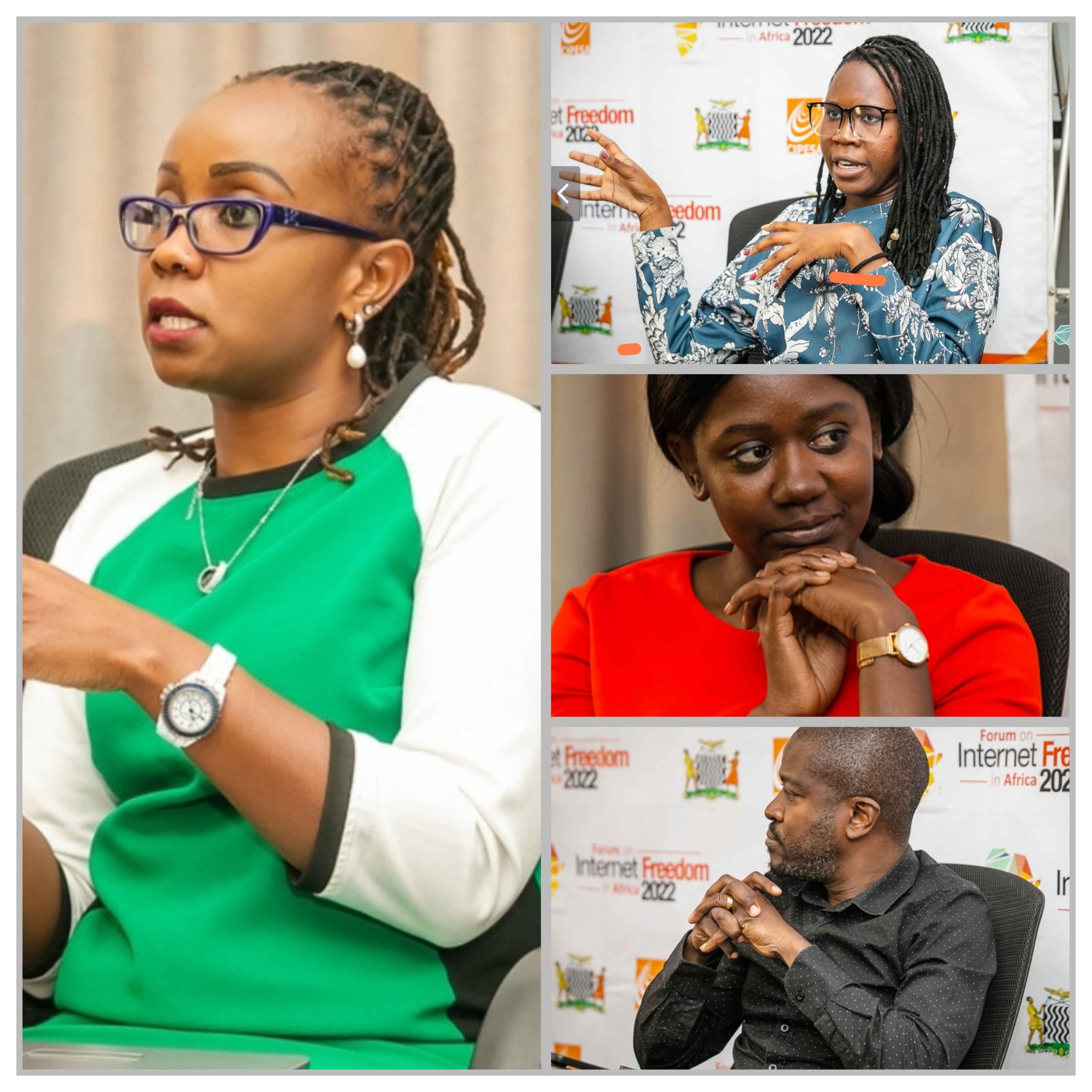Leveraging Community Networks into Bridging the Gender Digital Divide at the Grassroots Level
On 29 October 2022, KICTANet hosted a session on “Bridging the Gender Digital Divide at the Grassroots Through Last Mile Connectivity” The focus of the session was to unpack the multi-layered issues around equitable participation of women in the digital ecosystem and how community networks at the last mile are helping bridge this gap. There are socio-economic benefits to equitable inclusion of men and women in the digital economy; inventions rising out of mixed teams are more economically valuable and have a higher impact than those in which only men are involved.
Gender digital divide is multifaceted as it arises from various factors such as economic disempowerment of women, unpaid care labour mostly done by women, lack of internet access in far-flung areas where investment in ICTs infrastructure by telecommunications companies is not viable and social constructs about gender and what roles are assigned to women. It is important to understand the context of the communities in question so that the digitization process can be tailored to fit within this context. How can community networks be leveraged to integrate communities into the conversation? We cannot underestimate the pivotal role that capacity building plays in helping women and girls understand the benefits of digital participation, the process of advocacy, and the role of collaborations in growing and sustaining progress.
There are many hurdles to access that affect women and girls’ access to the internet and more importantly to the science, technology, engineering and mathematics field. This may include cost, technophobia, culture, and policies. More on this in a later blog.
Enter Community Networks
Digital equity is not proportional to advancement in technology. There has been an expectation that as technology continues to advance, the gap will automatically close, which has not been the case, meaning intentional actions are required. Community networks are formed with the needs of the community in mind. This human-centered design ensures technology and value-added services from this access fit within the context of the users. This has contributed to dissolving technophobia for women and girls who feel comfortable learning to utilize technology in their own space to meet their specific needs. Value addition platforms like podcasts, community radios, and comic strips are safe spaces for women and girls to share information and advocate for issues around their digital freedom and inclusion.
Policy and Regulation
Behind any policy creation is political goodwill. Women spend more time than men on unpaid care and domestic work, restricting the time they spend in paid work or upskilling themselves. How do we create policies and legislations that enable them to participate virtually in the digital economy without undermining this virtual participation as reflected by payments?
There need to be deliberate efforts by governments and legislative players in the creation and coordination of policies between African countries and relevant stakeholders on fostering women’s and girls’ full participation and inclusion in the digital ecosystem. Kenya has made strides in this space through the data protection Act that relates to the protection of women’s digital rights and the Computer Misuse and Cybercrimes Act which also legislates some forms of gender-based violence”.
The Africa Regional Coordinator at KICTANet continues to support the community networks movement in facilitating women’s empowerment through the promotion of equitable access and participation in the digital ecosystem.
Next week, we will discuss the hurdles to equitable access.
Catherine Kyalo (moderator), Africa Regional Coordinator for Community Networks, KICTANet, Angela Minayo (Speaker) Women’s Digital Rights Program Officer, KICTANet, Risper Arose (Speaker) Gender and Community Engagement Coordinator, TunapandaNet, Barrack Otieno( Speaker) KICTANet, Trustee
This is a series of our publications on Community Networks.
Ms. Catherine Kyalo is the Africa Regional Coordinator for Community Networks at KICTANET under the LOCNET initiative. She is passionate about community welfare and enjoys yoga to rejuvenate. LinkedIn | Twitter
![]()





Everything is Possible
Now,Because Saw Everyone
With Deferents Gender
Can do What is in His /Her
Choice.